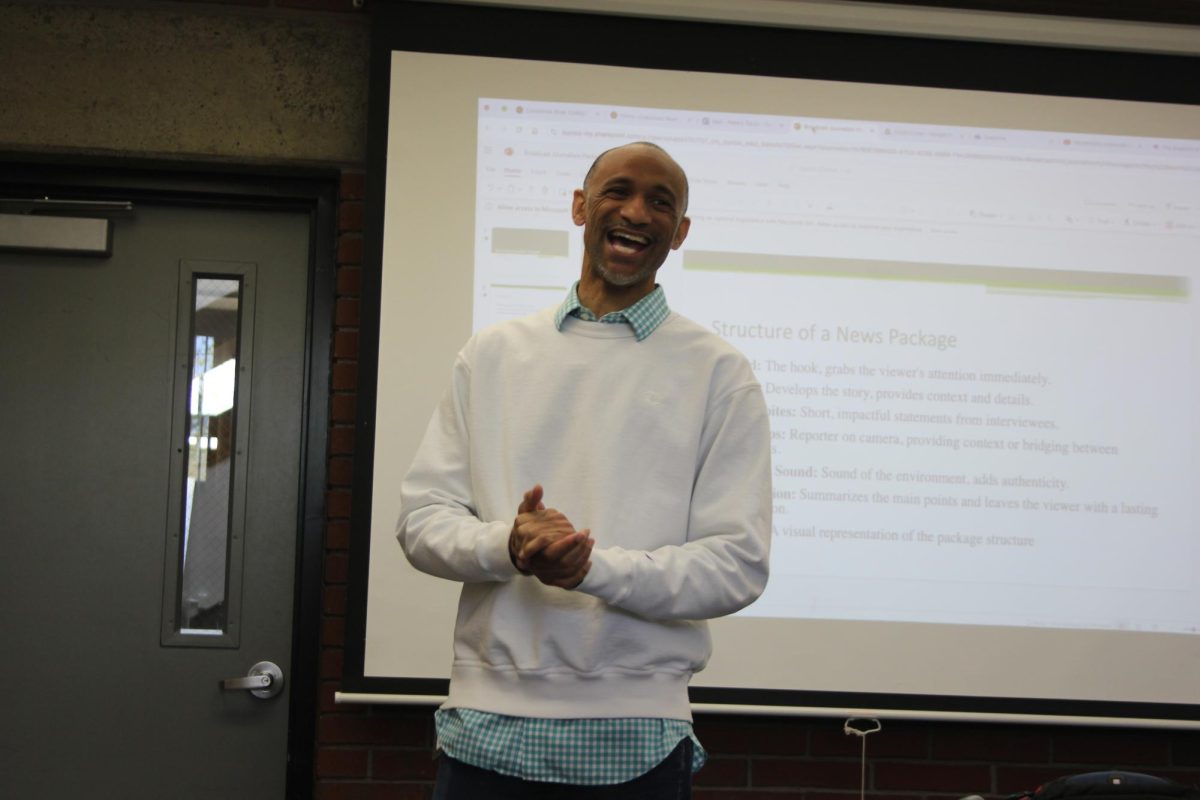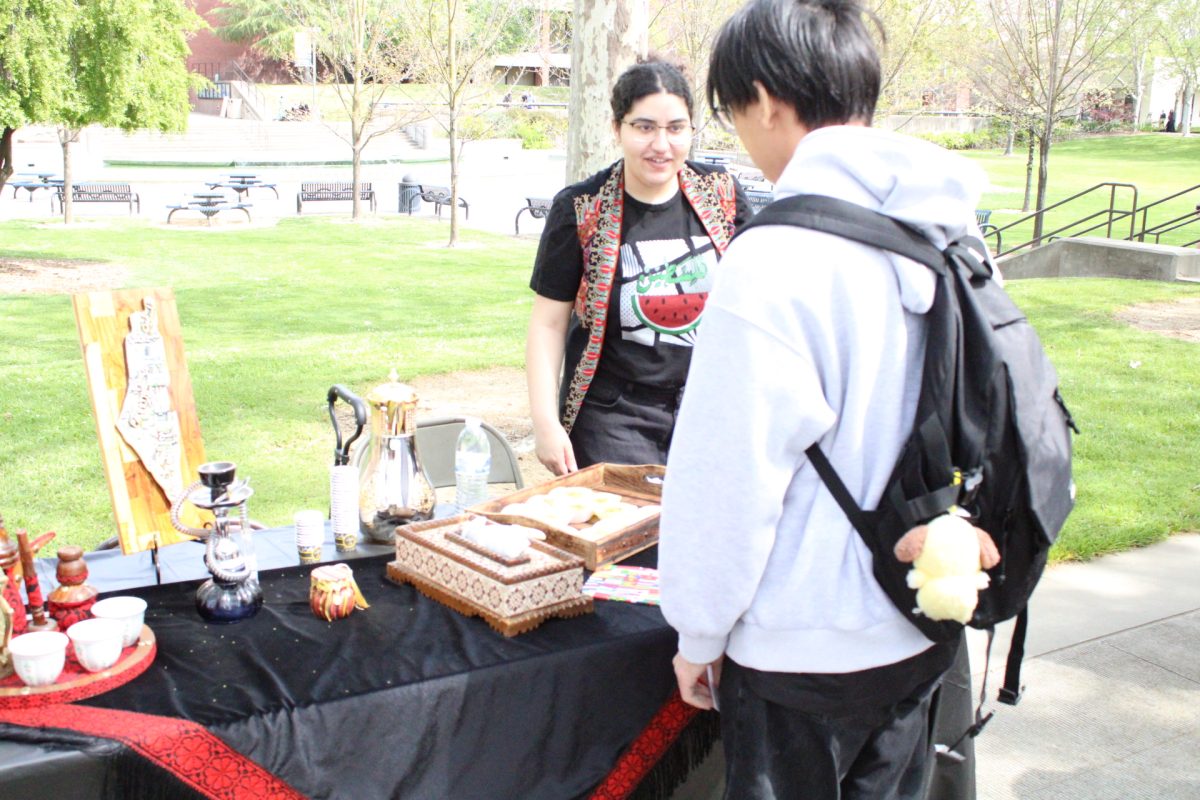Junk food outweighs fruits and veggies on students’ plates
December 14, 2014
A hamburger, slice of pizza or a bag of chips grabbed off the shelf of the bookstore is the typical meal choice of many students who are battling being strapped for cash and time on a daily basis.
A 2011 study from Oregon State University revealed that college students are not eating one serving of fruits and vegetables per day. Cosumnes River College Nutrition Professor Timaree Hagenburger said she wasn’t surprised by those findings.
“I believe it,” Hagenburger said. “I see some students that eat out every meal or they are going from Cherry Coke and a Pop Tart [for breakfast], then at lunch Top Ramen and then they’re going to fast food for dinner. ”
A survey of the eating habits of 582 college students by the Journal of Nutrition Education and Behavior found that they were not getting the proper amount of fruits and vegetables in their diet. Male students ate about five servings a week while female students reported about four servings of fruits and vegetables a week, according to the study.
According to the United States Department of Agriculture, the minimum recommended daily serving of vegetables is 2.5 cups for women and three cups for men while for fruit it is 1.5 cups for women and two cups for men.
Hagenburger said that students who don’t eat the minimum recommendations of fruits and vegetables are missing important nutrients that their bodies need to function. Students who don’t receive phytonutrients tend to have cases of high blood pressure, inflammation that causes all types of problems in the blood vessels and high cholesterol, Hagenburger said.
While some students may say that food-related diseases run in their family so it’s inevitable for them to receive it. There are studies that reveal certain foods turn on and off cancer genes in your body, sad Hagenburger.
“You may have the genes, but turning them on or off, that’s about the lifestyle choices,” Hagenburger said.“When I hear about not eating fruits and vegetables, it makes me sad because that’s our life force. Fruits and vegetables are the foods that we are supposed to be eating to grow our cells from.”
Hagenburger said she teaches students to eat well-balanced meals by adopting a plant based, whole food diet. With this diet it’s easy to reach your daily recommendations of fruits and vegetables and it also provides all the nutrients you need to perform well, she said.
Some students said they choose not to eat fruits and vegetables due to convenience.
“I eat fruits and vegetables probably like once a month because it takes a lot of work to eat [healthier],” Aaron Sher, 22, an undeclared major said.
Many students said they felt the same way, which reflects the high rates of obesity in students, according to the Centers of Disease and Prevention.
Mariam Qadri, 21, a public relations major, said there are solutions to the obesity epidemic. She said if students become aware of what they eat and took the initiative to change it would help the obesity rate.
“Meal prepping is perfect for students because we can save money, eat healthier foods and who doesn’t want to save money?” Qadri said. “We think to eat foods that are easy and fast to make, we don’t really think of actually taking the extra step and either cooking our meal or spending that extra dollar.”





